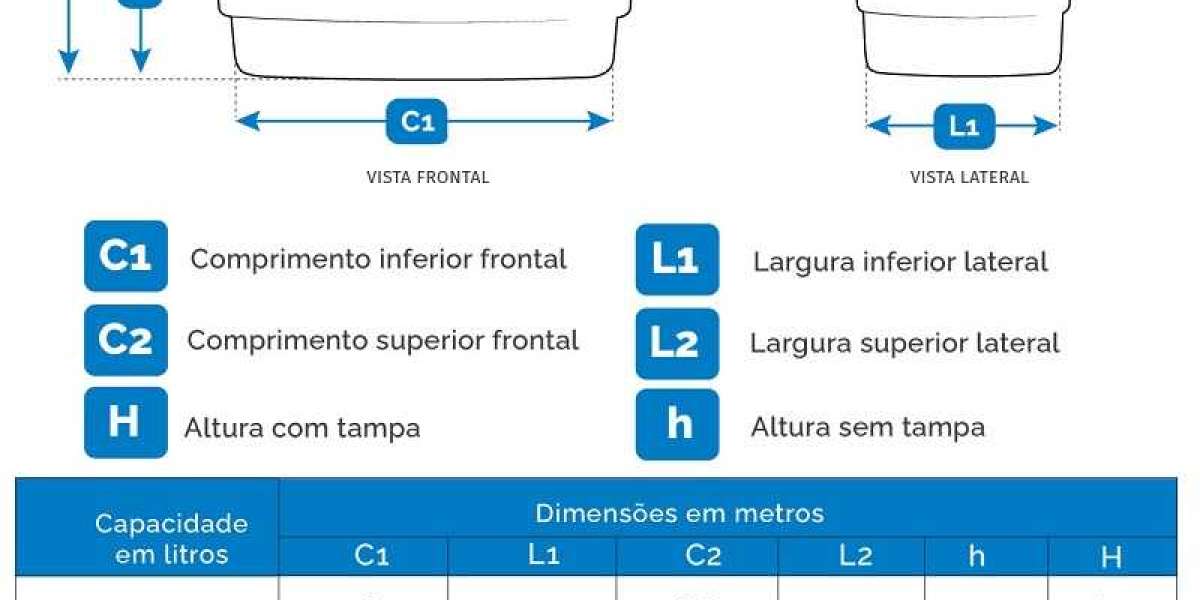The Assam Public Service Commission (APSC) 2024 syllabus is an essential framework for candidates preparing for the APSC examinations, which include various competitive exams like the APSC Combined Competitive Examination (CCE). Understanding the syllabus is crucial, as it outlines the subjects, topics, and study materials necessary for effective apsc syllabus 2024 preparation. The APSC CCE is primarily divided into two stages: the preliminary examination and the main examination. The preliminary stage consists of two papers: General Studies Paper I and General Studies Paper II (Aptitude Test). General Studies Paper I covers a wide range of topics, including Indian history, geography, polity, economy, environment, and current affairs. It emphasizes the understanding of events and issues that have national and international significance, encouraging candidates to stay updated with contemporary developments. The General Studies Paper II assesses the candidates' analytical skills, comprehension, and problem-solving abilities through questions based on quantitative aptitude, logical reasoning, and data interpretation.
Following the preliminary examination, candidates who qualify will move on to the main examination, which consists of multiple papers, including General Studies papers, optional subject papers, and a language paper. The General Studies papers (I to IV) delve deeper into topics such as Indian heritage and culture, governance, social justice, international relations, economic development, and environmental ecology. Each paper is designed to test the candidates' depth of knowledge and understanding of complex issues, as well as their ability to critically analyze and formulate responses. Moreover, candidates are required to select an optional subject, which can range from subjects like Anthropology, Sociology, History, Political Science, Geography, and more. The choice of an optional subject is pivotal, as it can significantly impact the overall performance in the examination. Candidates must have a thorough grasp of their chosen subject, as the optional papers are more specialized and require in-depth knowledge.
Additionally, candidates need to prepare for the language paper, which typically includes Assamese and English. This paper evaluates the candidates' proficiency in reading, writing, and comprehending the language, as well as their ability to articulate ideas effectively. To excel in these examinations, candidates must identify suitable study materials that align with the syllabus. Standard textbooks, reference books, and study guides are crucial in building a strong foundational knowledge. For current affairs, candidates should regularly read newspapers, magazines, and online resources to stay updated on national and international news. Online platforms and coaching institutes often provide comprehensive study materials and mock tests, which can be valuable resources for aspirants.
Furthermore, candidates are encouraged to practice previous years' question papers and take part in mock tests to familiarize themselves with the examination pattern and enhance their time management skills. Effective preparation also includes developing a study plan that allocates adequate time for each subject, ensuring a balanced approach to the syllabus. In summary, the APSC 2024 syllabus encompasses a broad spectrum of subjects and topics, with an emphasis on current affairs, critical thinking, and analytical skills. Understanding the syllabus and utilizing appropriate study materials are vital steps for candidates aiming to succeed in the APSC examinations. By maintaining a disciplined study routine and engaging with diverse resources, aspirants can enhance their chances of performing well in this competitive examination.








